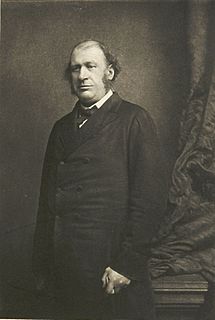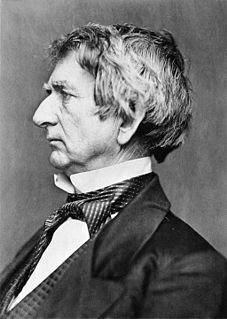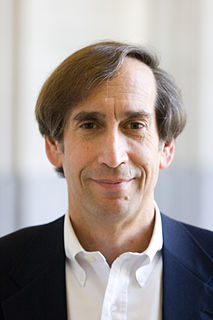A Quote by Thomas Jefferson
But the Chief Justice says, 'There must be an ultimate arbiter somewhere.' True, there must; but does that prove it is either party? The ultimate arbiter is the people of the Union, assembled by their deputies in convention, at the call of Congress or of two-thirds of the States. Let them decide to which they mean to give an authority claimed by two of their organs. And it has been the peculiar wisdom and felicity of our Constitution, to have provided this peaceable appeal, where that of other nations is at once to force.
Quote Topics
Appeal
Arbiter
Authority
Been
Call
Chief
Chief Justice
Claimed
Congress
Constitution
Convention
Decide
Deputies
Does
Either
Felicity
Force
Give
Justice
Mean
Must
Nations
Once
Organs
Other
Our
Party
Peculiar
People
Prove
Prove It
Provided
Says
Somewhere
States
Them
Thirds
True
Two
Two-Thirds
Ultimate
Union
Which
Wisdom
Related Quotes
A government is a compulsory territorial monopolist of ultimate decision-making (jurisdiction) and, implied in this, a compulsory territorial monopolist of taxation. That is, a government is the ultimate arbiter, for the inhabitants of a given territory, regarding what is just and what is not, and it can determine unilaterally, i.e., without requiring the consent of those seeking justice or arbitration, the price that justice-seekers must pay to the government for providing this service.
Hudibras has defined nonsense, as Cowley does wit, by negatives. Nonsense, he says, is that which is neither true nor false. These two great properties of nonsense, which are always essential to it, give it such a peculiar advantage over all other writings, that it is incapable of being either answered or contradicted.
Science has been effective at furthering our understanding of nature because the scientific ethos is based on three key principles: (1) follow the evidence wherever it leads; (2) if one has a theory, one needs to be willing to try to prove it wrong as much as one tries to prove that it is right; (3) the ultimate arbiter of truth is experiment, not the comfort one derives from one's a priori beliefs, nor the beauty or elegance one ascribes to one's theoretical models.
There are two bodies - the rudimental and the complete; corresponding with the two conditions of the worm and the butterfly. What we call "death," is but the painful metamorphosis. Our present incarnation is progressive, preparatory, temporary. Our future is perfected, ultimate, immortal. The ultimate life is the full design.
The constitution regulates our stewardship; the constitution devotes the domain to union, to justice, to defense, to welfare, and to liberty. But there is a higher law than the constitution, which regulates our authority over the domain, and devotes it to the same noble purposes. The territory is a part, no inconsiderable part, of the common heritage of mankind, bestowed upon them by the Creator of the universe. We are his stewards, and must so discharge our trust as to secure in the highest attainable degree their happiness.
When two men of science disagree, they do not invoke the secular arm; they wait for further evidence to decide the issue, because, as men of science, they know that neither is infallible. But when two theologians differ, since there is no criteria to which either can appeal, there is nothing for it but mutual hatred and an open or covert appeal to force.
[A]s it must be admitted that the remedy under the Constitution lies where it has been marked out by the Constitution; and that no appeal can be consistently made from that remedy by those who were and still profess to be parties to it, but the appeal to the parties themselves having an authority above the Constitution or to the law of nature & of nature's God.































